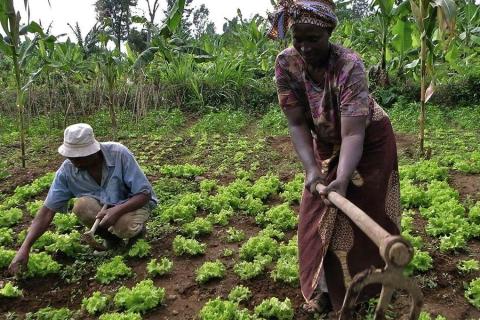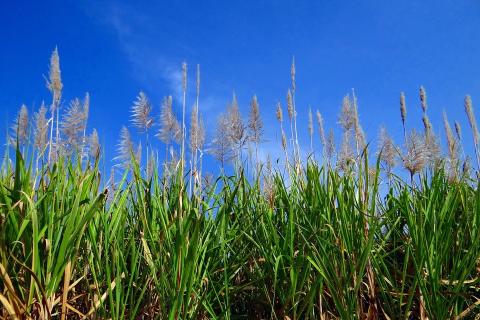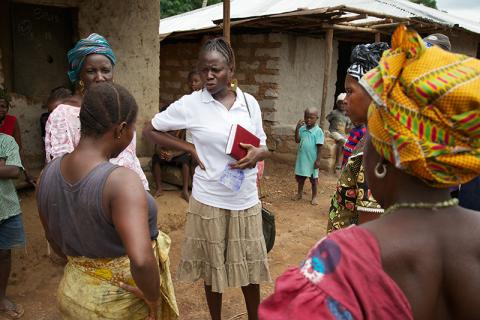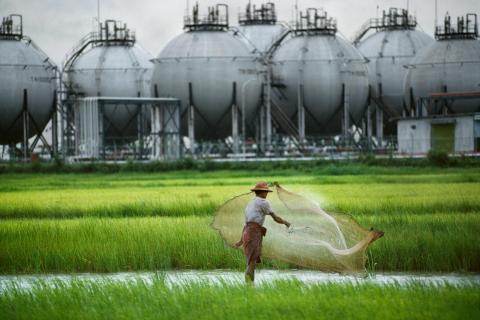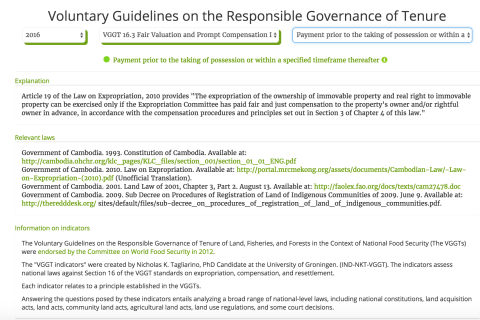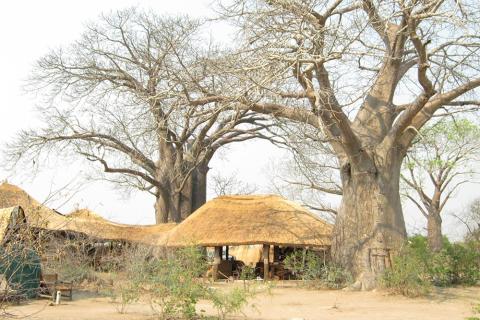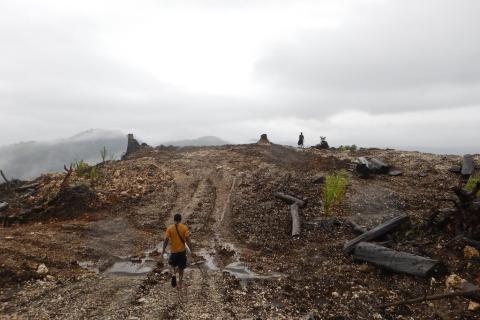Securing Land Rights in Africa
By Frank Pichel, Interim CEO & Chief Programs Officer, Cadasta Foundation
Across the continent, insecure rights to land are robbing millions of financial stability and long-term prosperity. While new technology is giving people the tools to define what’s theirs, governments must recognize that certainty of ownership is a prerequisite of sustainable development.

